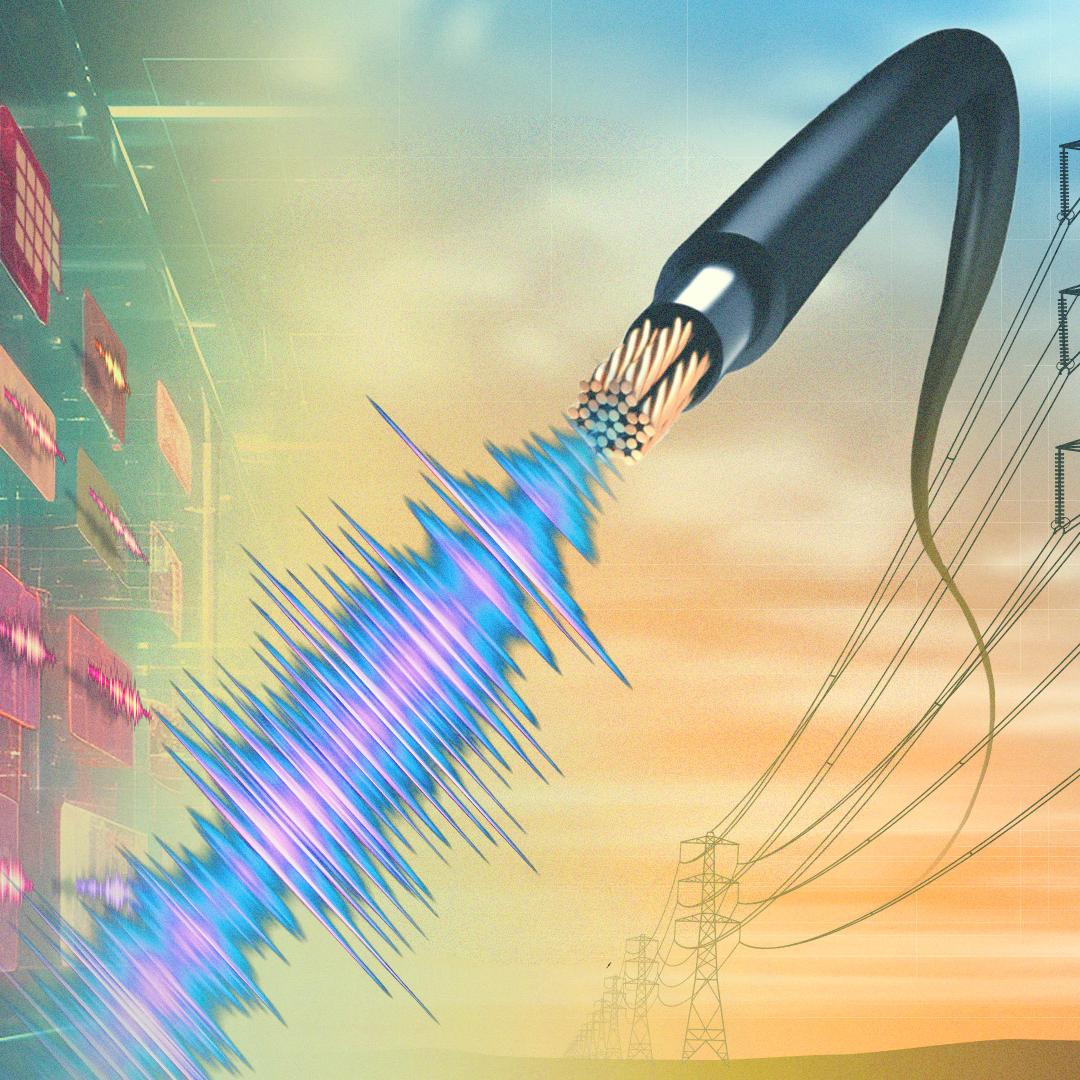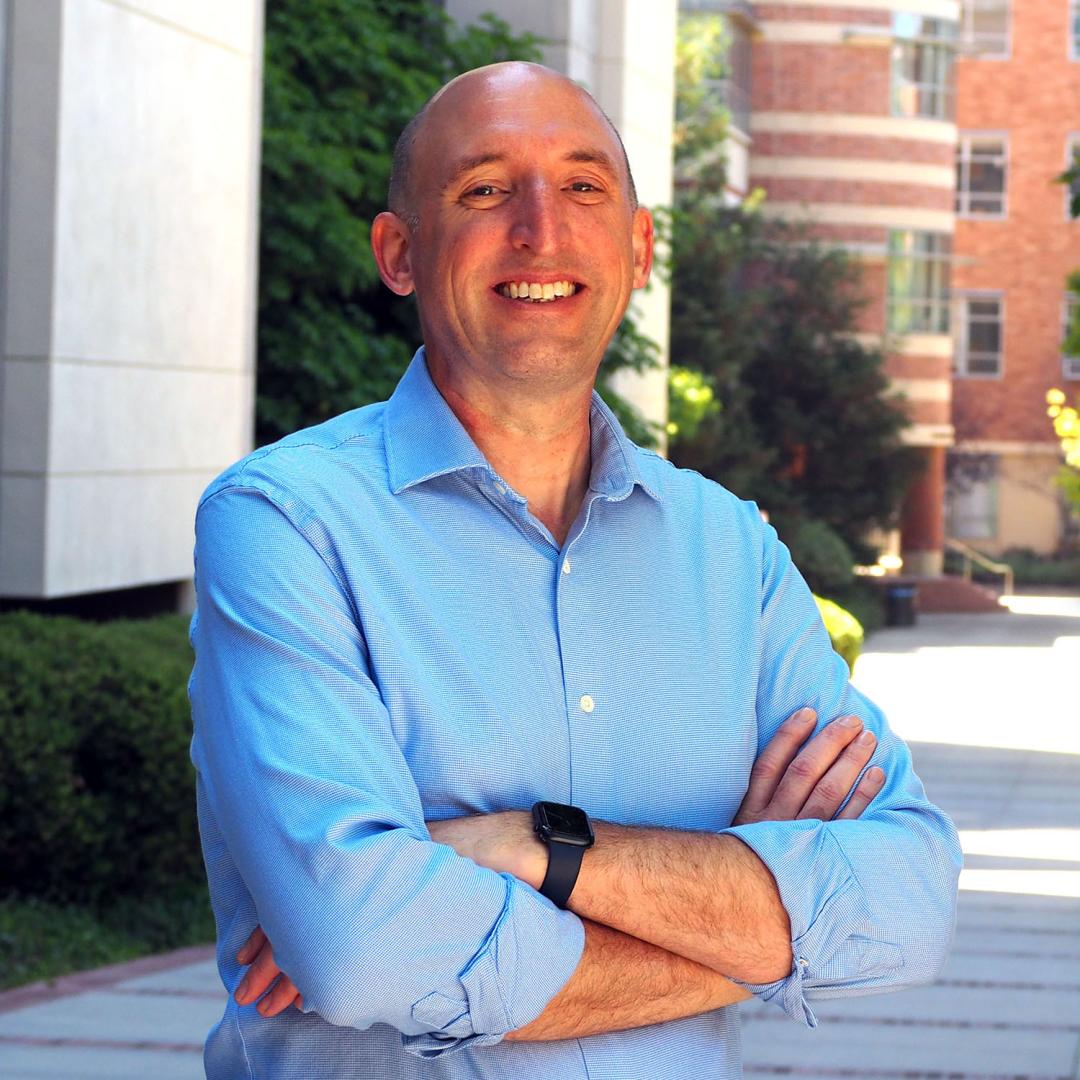
Filter News
Area of Research
News Type
News Topics
- (-) Big Data (4)
- (-) Buildings (5)
- (-) Climate Change (15)
- (-) High-Performance Computing (16)
- (-) Machine Learning (7)
- (-) Quantum Science (4)
- (-) Sustainable Energy (3)
- 3-D Printing/Advanced Manufacturing (9)
- Advanced Reactors (2)
- Artificial Intelligence (12)
- Bioenergy (7)
- Biology (10)
- Biomedical (4)
- Biotechnology (3)
- Chemical Sciences (11)
- Clean Water (2)
- Composites (2)
- Computer Science (10)
- Coronavirus (3)
- Critical Materials (2)
- Cybersecurity (5)
- Decarbonization (11)
- Education (3)
- Energy Storage (13)
- Environment (17)
- Exascale Computing (4)
- Frontier (6)
- Fusion (3)
- Grid (5)
- Hydropower (2)
- Isotopes (6)
- Materials (32)
- Materials Science (8)
- Mathematics (2)
- Mercury (1)
- Microscopy (5)
- Molten Salt (1)
- Nanotechnology (3)
- National Security (10)
- Net Zero (2)
- Neutron Science (10)
- Nuclear Energy (6)
- Partnerships (18)
- Physics (6)
- Polymers (2)
- Quantum Computing (4)
- Renewable Energy (1)
- Security (3)
- Simulation (10)
- Summit (2)
- Transportation (7)
Media Contacts
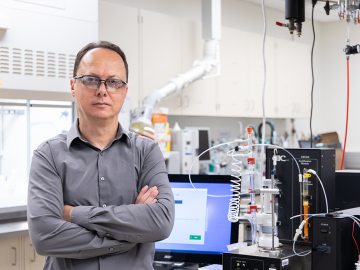
An innovative and sustainable chemistry developed at ORNL for capturing carbon dioxide has been licensed to Holocene, a Knoxville-based startup focused on designing and building plants that remove carbon dioxide

ORNL’s Debangshu Mukherjee has been named an npj Computational Materials “Reviewer of the Year.”
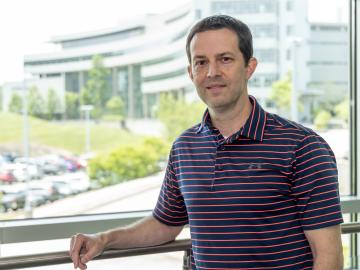
When reading the novel Jurassic Park as a teenager, Jerry Parks found the passages about gene sequencing and supercomputers fascinating, but never imagined he might someday pursue such futuristic-sounding science.
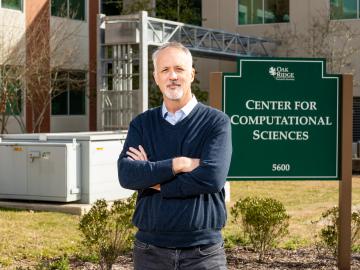
The Oak Ridge Leadership Computing Facility’s Matt Sieger has been named the project director for the OLCF-6 effort. This next OLCF undertaking will plan and build a world-class successor to the OLCF’s still-new exascale system, Frontier.
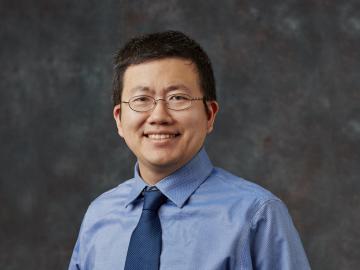
Shih-Chieh Kao, manager of the Water Power program at ORNL, has been named a fellow of the American Society of Civil Engineer’s Environmental & Water Resources Institute, or EWRI.
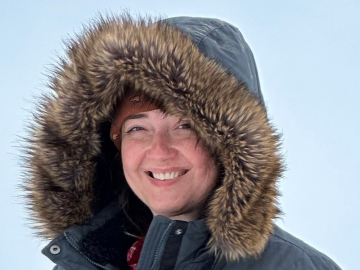
Colleen Iversen, ecosystem ecologist, group leader and distinguished staff scientist, has been named director of the Next-Generation Ecosystem Experiments Arctic, or NGEE Arctic, a multi-institutional project studying permafrost thaw and other climate-related processes in Alaska.

Computing pioneer Jack Dongarra has been elected to the National Academy of Sciences in recognition of his distinguished and continuing achievements in original research.
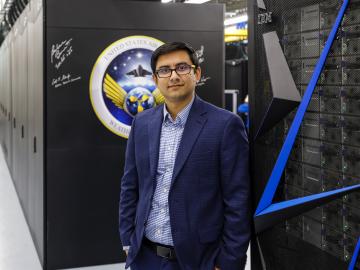
Climate change often comes down to how it affects water, whether it’s for drinking, electricity generation, or how flooding affects people and infrastructure. To better understand these impacts, ORNL water resources engineer Sudershan Gangrade is integrating knowledge ranging from large-scale climate projections to local meteorology and hydrology and using high-performance computing to create a holistic view of the future.
Xiao Wang, a research scientist at ORNL, has been named a senior member of the Institute of Electrical and Electronics Engineers, the world’s largest organization for technical professionals. Wang works in the lab’s Computing and Computational Sciences Directorate’s Advanced Computing for Health Sciences Section.
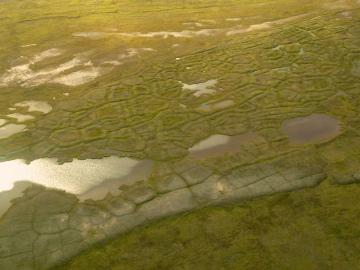
Oak Ridge National Laboratory scientists set out to address one of the biggest uncertainties about how carbon-rich permafrost will respond to gradual sinking of the land surface as temperatures rise.


